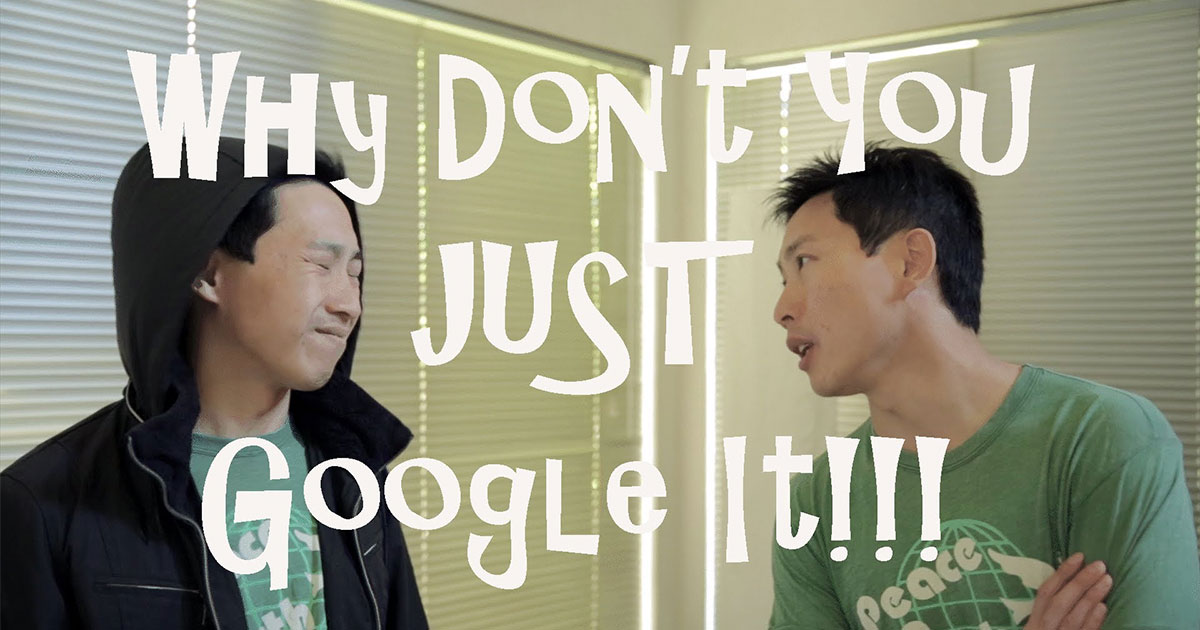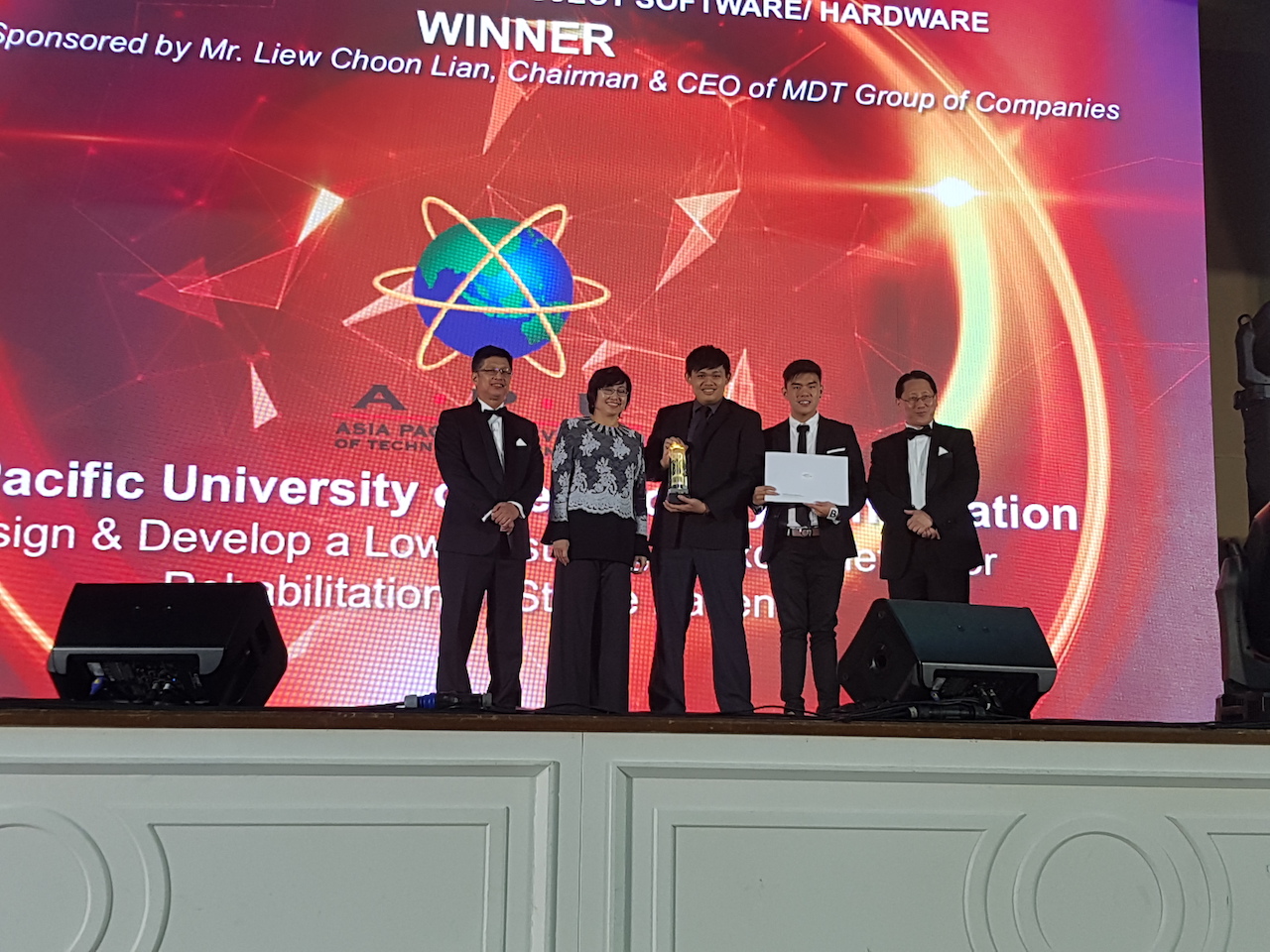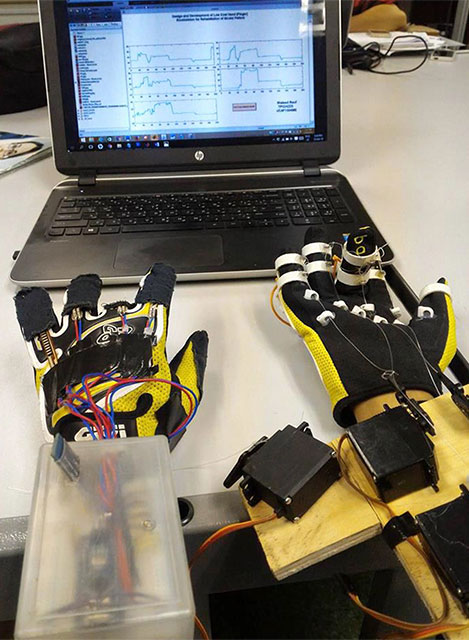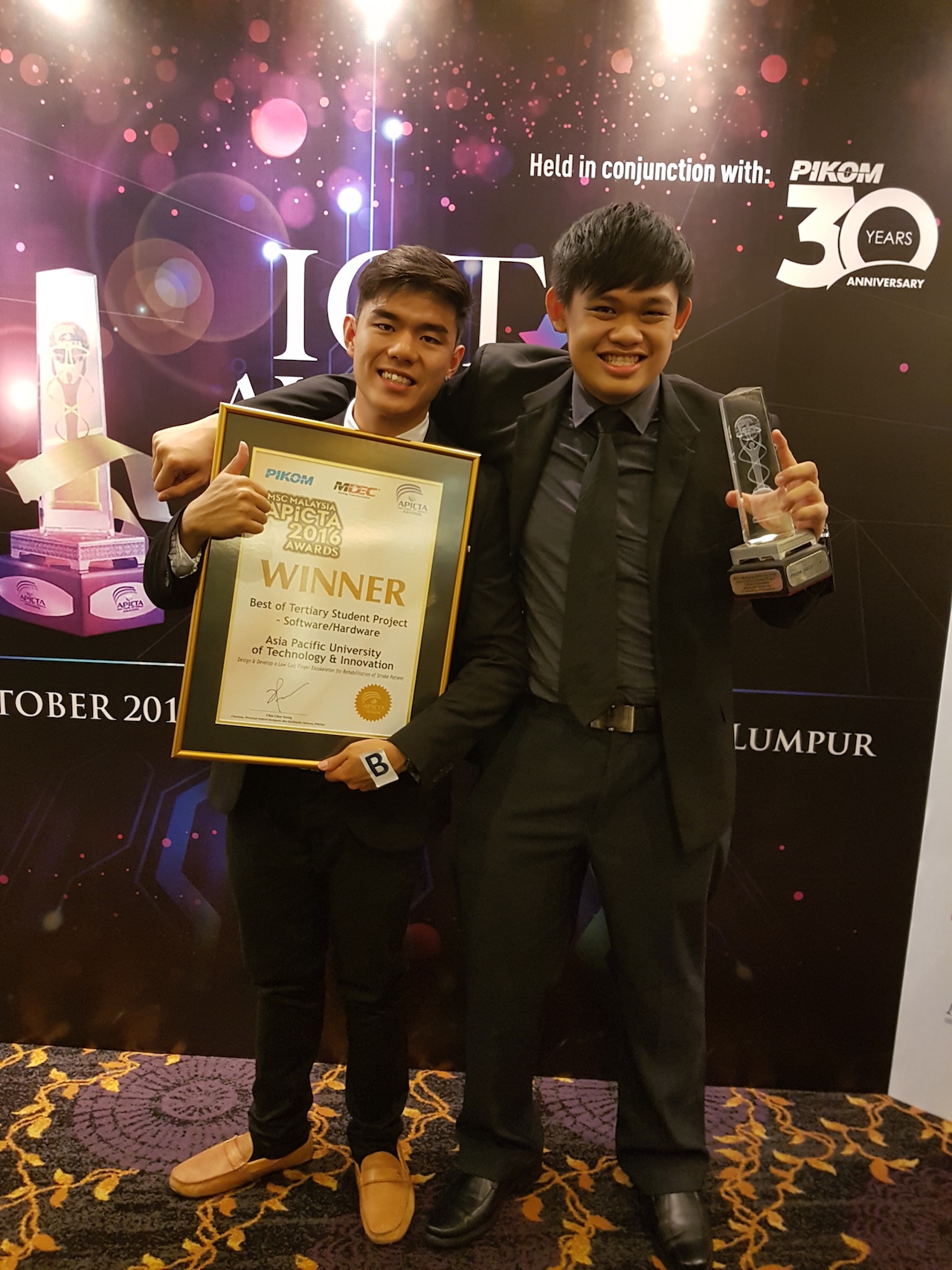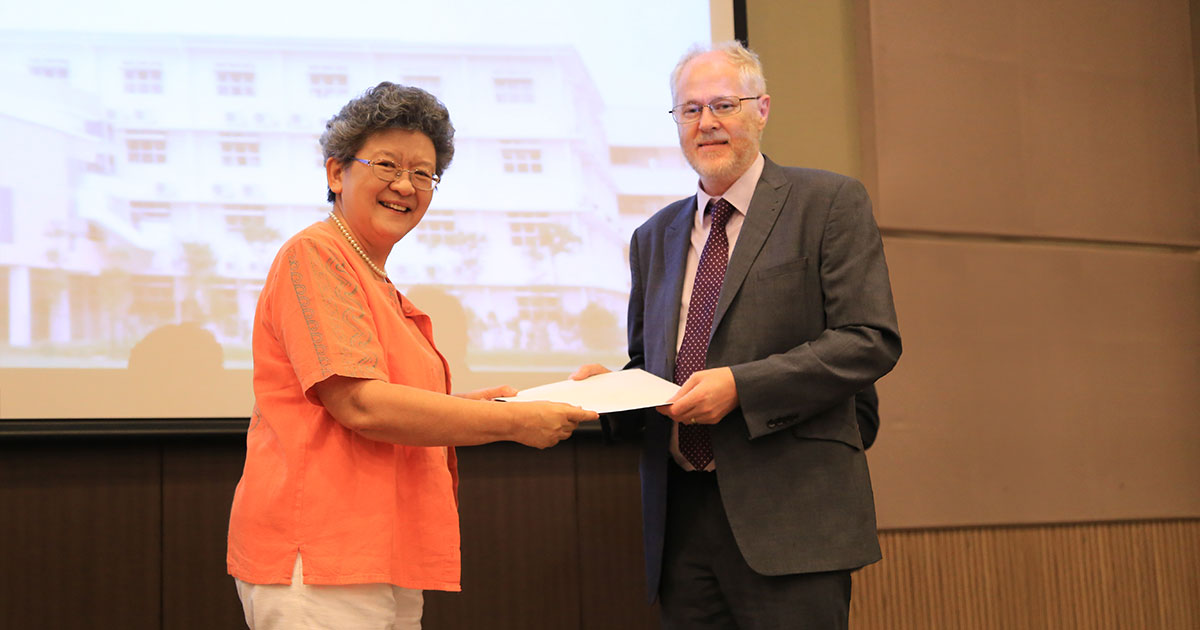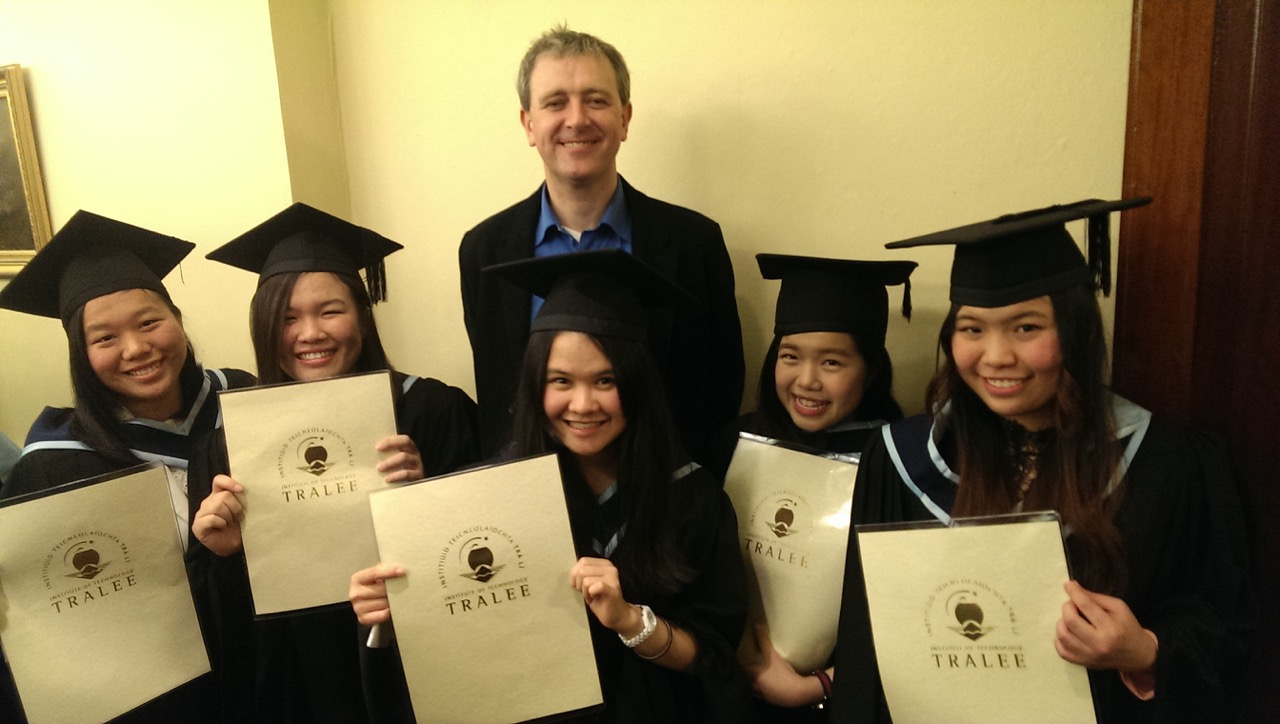
Top Student Awarded Scholarship to study Early Childhood Education in Ireland
Top Student Awarded Scholarship to study Early Childhood Education in Ireland
MCKL diploma graduates will find plenty of opportunities overseas through the generosity of their partnered universities.

Methodist College Kuala Lumpur (MCKL) wishes to congratulate Nadia Iman Binti Abdul Jalil, who has won an exclusive MCKL-IT Tralee Scholarship for her excellent academic achievements in the College to pursue a Bachelor of Arts (Honours) in Early Childhood Care & Education in Institute of Technology Tralee, Ireland. This special scholarship will cover most of Nadia’s academic fees, accompanied with free accommodations. To regular MCKL diploma graduates, IT Tralee also offers the 2016-17 Special Citizen Scholarship, which includes a fee waiver of €1000.00 and free accommodations for the duration of their course. MCKL students therefore only have to pay roughly €12,000.00 per year, which includes tuition fees and cost of living.
Such exceptional concessions represent a close collaboration between MCKL and IT Tralee, resulting from years of producing passionate, knowledgeable and hardworking students from MCKL’s Diploma in ECE programme. Many of them have advanced to further studies overseas and excelled in their respective courses, such as Esther Lim, Hong Xiao Yi, Tan Evon, Ng Xu Xuan and Michelle How Xin Yi, who all graduated last year from IT Tralee, and the latter three did so with First Class Honours.

In recognition of the quality of MCKL diploma graduates, IT Tralee and the University of Gloucestershire, UK have given them the opportunity to enter directly into the third year of their degree programmes, which means that students only have to study for one additional year to turn their diploma qualification into a Bachelor’s Degree. Other institutions such as New Zealand Tertiary College, NZ, University College Birmingham, UK, University of Hertfordshire, UK and University of West England, UK have also acknowledged MCKL graduates by offering advanced standing for entry into the second year of their degree programmes.
Students who have a passion for teaching and nurturing young children may consider enrolling for MCKL’s Diploma in Early Childhood Education. For further information on MCKL and its programmes: call 03-22746711 (Marketing) or 03-22741851 (General), Email [email protected] or visit our website www.mckl.edu.my
















